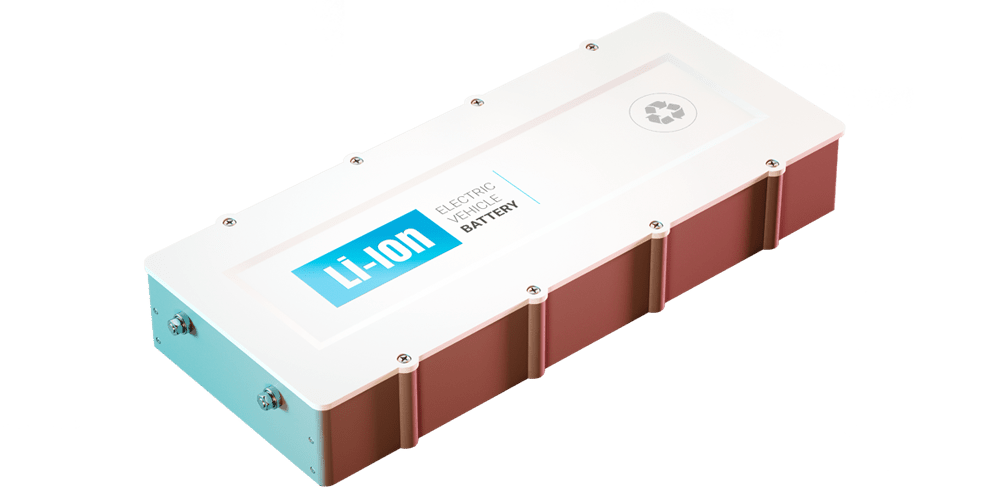
February 21, 2023
Electric vehicles (EVs) are gaining popularity as a sustainable and eco-friendly mode of transportation. EVs rely on rechargeable batteries to power their electric motors. The battery is the most critical component of an electric vehicle as it determines the driving range and performance of the vehicle. In this article, we’ll provide an overview of electric vehicle batteries, their types, and characteristics.
Types of Electric Vehicle Batteries
-
Lithium-Ion Batteries: Lithium-ion batteries are the most common type of battery used in electric vehicles. These batteries have a high energy density, which allows them to store more energy per unit of weight. Lithium-ion batteries are also known for their long cycle life, which means they can be charged and discharged many times without significantly degrading their performance.
-
Nickel-Metal Hydride Batteries: Nickel-metal hydride batteries were once the most popular type of battery used in electric vehicles. These batteries have a lower energy density than lithium-ion batteries, which means they store less energy per unit of weight. However, they are still used in some hybrid electric vehicles as they are more cost-effective than lithium-ion batteries.
-
Solid-State Batteries: Solid-state batteries are a new type of battery that is still in the research and development phase. These batteries use a solid electrolyte instead of a liquid electrolyte, which makes them safer and more energy-dense than traditional lithium-ion batteries.
Characteristics of Electric Vehicle Batteries
-
Energy Density: Energy density refers to the amount of energy a battery can store per unit of weight. Higher energy density batteries can store more energy and provide longer driving ranges.
-
Charge Time: Charge time refers to the amount of time it takes to recharge an electric vehicle battery. Fast-charging stations can charge a battery to 80% capacity in less than an hour, while home charging stations may take several hours.
-
Cycle Life: Cycle life refers to the number of times a battery can be charged and discharged before it significantly degrades in performance. Lithium-ion batteries typically have a longer cycle life than nickel-metal hydride batteries.
-
Temperature Management: Battery performance is affected by temperature, so electric vehicle batteries have built-in temperature management systems to ensure that the battery stays within a safe temperature range.
Conclusion
Electric vehicle batteries are the most critical component of an electric vehicle. Lithium-ion batteries are the most common type of battery used in electric vehicles due to their high energy density and long cycle life. However, other types of batteries like nickel-metal hydride and solid-state batteries are also being developed.
Electric vehicle batteries have unique characteristics like energy density, charge time, cycle life, and temperature management that affect the performance and driving range of an electric vehicle. As technology advances, we can expect to see even more improvements in electric vehicle battery technology, making electric vehicles more practical and accessible to more people.
Electric vehicle batteries are the most critical component of an electric vehicle
“
Discover our measurement solutions for the Electric vehicle batteries manufacturing process.
Related Articles
Solutions for Battery
Battery production is a complex process that involves a variety of steps, from electrode coating and calendaring to slitting and assembly.
Battery Solution Measurement on Production Line
Learn how battery solution measurement on production line can ensure the quality and performance of your energy storage solutions.
Battery Solution Manufacturing – Powering the World with Reliable Energy Storage
Discover the benefits of battery solution manufacturing for your production line. How battery solutions are transforming battery production.

